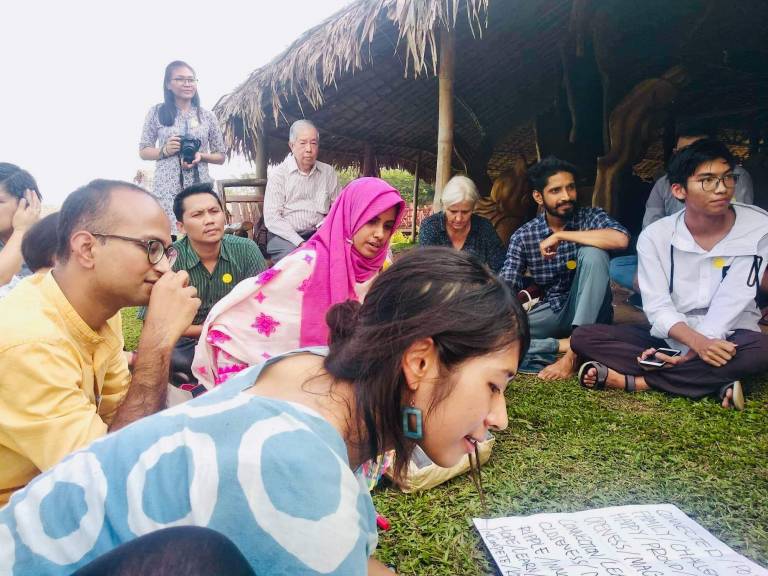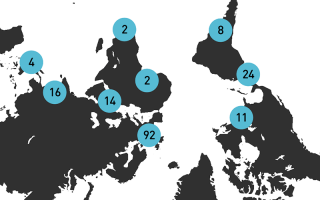
After my studies, I worked as a planner for a space design company for 5 years. I enjoyed the job, analysing the target and developing strategies for different types of spaces or areas with nice teams. However, the dominant approach was more from a marketing perspective. I started questioning capital-oriented practices and wanted to understand cities more from people’s side. In 2015, I had the chance to participate in the DPU Summer Lab in London on ‘localizing legacies’ I joined partly because the scope was related to the projects for Tokyo Olympics, but that experience made me determined to change my career. In the following summer, I was in London as a student for the BUDD programme.
The course was intense and inspiring. Not only did I gain knowledge about different academic theories and experiences from other contexts, but the programme also triggered new questions, and offered a shared environment to continuously be humble and creative. One of the unexpected lessons was the importance of admitting emotion. This has been extremely relevant in reflecting on the positionality of practitioners and research ethics, and the course offered real experiences to encounter struggles, frustrations and anger through the BUDD Camp and Field trips. More than anything, the time spent together with brilliant classmates and staff from different backgrounds was very enriching. The group work and discussions were inspiring. All the shared moments - even small chatting, dancing or cooking outside of the class - were full of humanity.
After the BUDD programme, I moved to Yangon as part of a fellowship programme offered by DPU/ACHR at a local NGO called Women for the World (WfW). WfW has been supporting community-driven development at grassroots level since 2004 through livelihood improvement, securing land tenure, housing and community infrastructure across Myanmar. Although I had learnt about WfW and their practice as a student through the BUDD field trip in 2017, the real working opportunity provided me with much deeper learnings - for example, about the ethics of ‘letting people do’ in the community-based practice, the gaps between local NGO, community and donors. (Details here).
After the 6 months of the fellowship, I wanted to know more about Yangon and people-centred practices. I extended my stay and continued working at WfW on whatever I can as a foreigner, such as the management of community-led surveys, the development of a digital app for saving groups, and the coordination of regional activities. The work with ACHR/CAN network has been very important for the organization in terms of capacity building, learning exchange and regional advocacy. We also started working on several research projects such as the KNOW programme and the Yangon Story project which investigates the history of spatial violence and living heritage of Yangon, in collaboration with DPU.
In parallel, I also started working for other INGOs on urban issues in Myanmar, including capacity development for urban planning in the public sector. Although it can become very busy and requires self-discipline to work for multiple missions, it provides me an opportunity to understand different perspectives, recognize existing gaps, what kind of people are making decisions under what kind of logic. These learnings are important to find the way to mitigate the gap between the mainstream discourse for urban planning/development and the reality on the ground in different scales. This is a continuous question and I hope to contribute to some extent through research and practice.
 Close
Close


